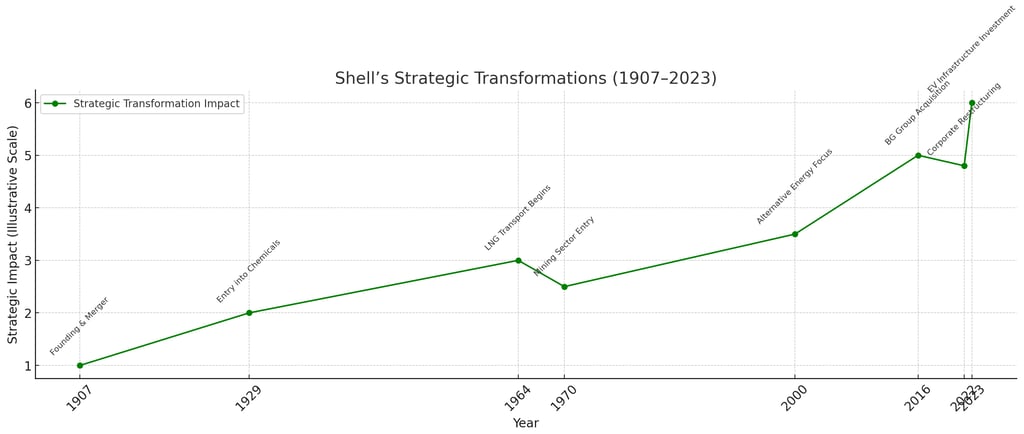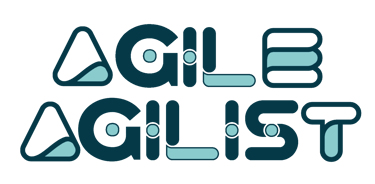Shell Revolution
Shell's ability to reinvent itself aligns with Senge's disciplines, particularly systems thinking and shared vision. By understanding the interconnectedness of its operations and fostering a culture of continuous learning, Shell has maintained its relevance and competitiveness.
6/2/20252 min read


Peter Senge's concept of the "learning organization," introduced in his seminal work The Fifth Discipline, emphasizes an organization's capacity to adapt, evolve, and thrive in a rapidly changing environment. This framework is built upon five core disciplines:
Personal Mastery: Encouraging individuals to continually expand their abilities to achieve desired outcomes.
Mental Models: Challenging ingrained assumptions and generalizations to foster open-mindedness and innovation.
Shared Vision: Building a common sense of purpose and commitment among all members of the organization.
Team Learning: Promoting collective learning to enhance team capabilities and performance.
Systems Thinking: Understanding the organization as a complex system of interrelated parts, recognizing patterns and interdependencies.
These disciplines collectively contribute to an organization's ability to learn and adapt continuously, which is crucial for long-term success and resilience.
Shell's history exemplifies the principles of a learning organization. Over its more than a century-long existence, Shell has undergone multiple significant transformations to adapt to technological advancements and market shifts. These transformations include:
Founding and Early Expansion (1907): Shell was formed through the merger of Royal Dutch Petroleum Company and the "Shell" Transport and Trading Company, aiming to compete globally with Standard Oil.
Chemicals Industry Entry (1929): Shell diversified into the chemicals industry, expanding its product offerings beyond oil.
LNG Transportation (1964): Shell participated in the world's first commercial sea transportation of liquefied natural gas, marking a significant innovation in energy transport
Mining Sector Involvement (1970): Shell acquired the mining company Billiton, although it later divested from this sector in 1994.
Alternative Energy Ventures (2000s): Shell invested in renewable energy sources, including wind and solar power, reflecting a shift towards sustainable energy solutions.
Acquisition of BG Group (2016): Shell acquired BG Group, enhancing its position in the liquefied natural gas market
Corporate Restructuring (2022): Shell relocated its headquarters to London, simplified its share structure, and rebranded from Royal Dutch Shell plc to Shell plc.
Renewable Energy Investments (2023): Shell acquired Volta, a company specializing in electric vehicle charging infrastructure, signaling a commitment to the energy transition.
Shell's ability to reinvent itself aligns with Senge's disciplines, particularly systems thinking and shared vision. By understanding the interconnectedness of its operations and fostering a culture of continuous learning, Shell has maintained its relevance and competitiveness.
In conclusion, the synergy between Senge's learning organization principles and Shell's adaptive strategies underscores the importance of continuous learning and flexibility in achieving enduring success.
